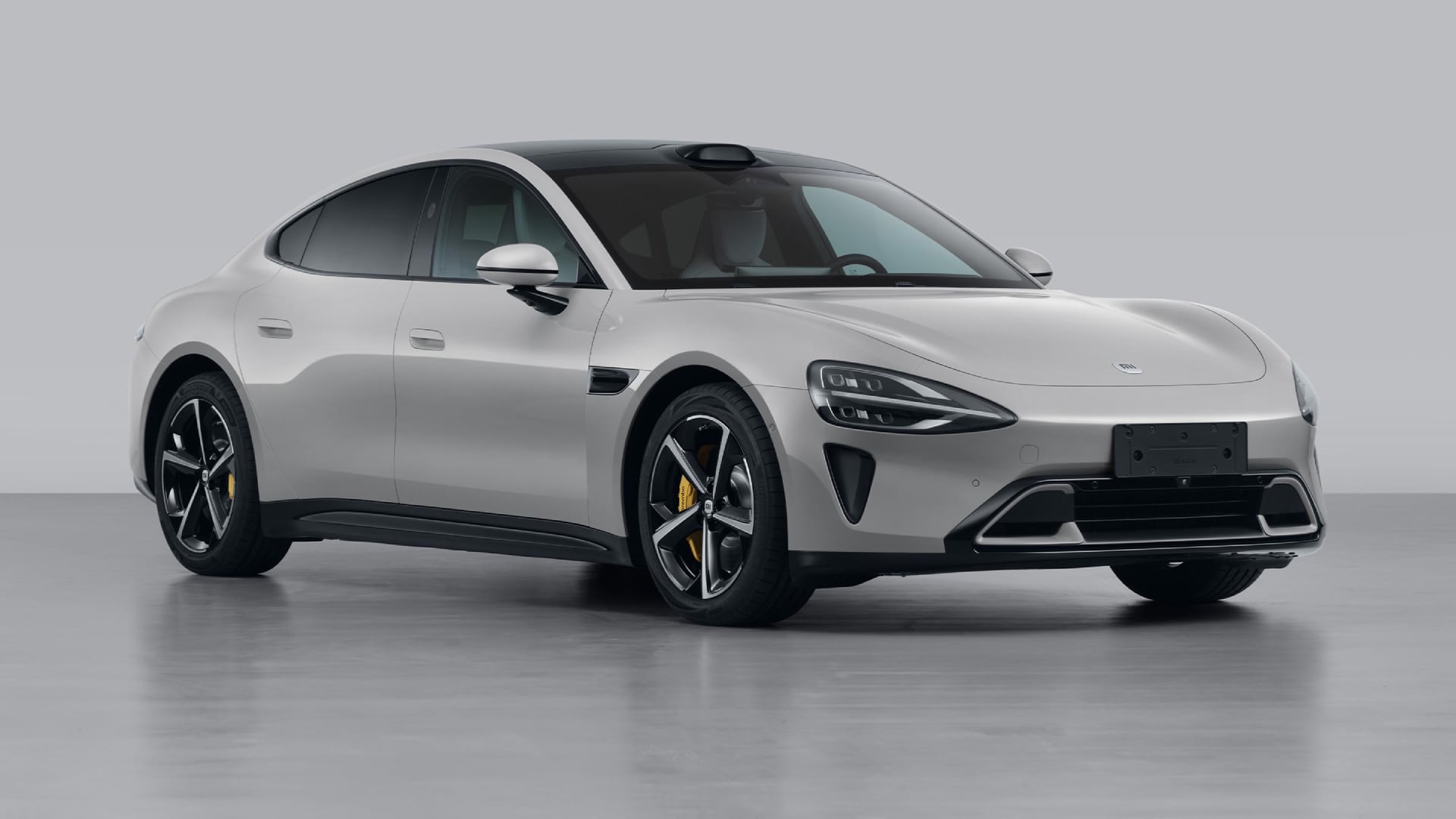
Xiaomi launches its first EV in China. But why are tech brands like Sony, Xiaomi, Apple, getting into EVs?
The global electric vehicle (EV) landscape is witnessing a surge, and in an unexpected twist, smartphone behemoths are steering into the EV market rather than competing in the saturated internal combustion engine (ICE) space.
Vehicles with distinctive green number plates are becoming commonplace on Indian roads, reflecting the country’s growing EV market, aligning with the global shift away from fossil fuels.
Chinese tech giant Xiaomi is set to make a grand entrance into the EV arena with the SU7 series, although, for the time being, it is limited only to the Chinese market. Mimicking Apple’s nomenclature, the series includes three models: SU7, SU7 Pro, and SU7 Max. Xiaomi’s foray into the automotive realm showcases its ambition to infuse smartphone magic into the car industry. Offering two powertrain options, the series runs on Xiaomi’s proprietary operating system, HyperOS, connecting seamlessly with both smartphones and cars. The Beijing plant has initiated trial production, aiming for full capacity by December 2023, with the SU7 series deliveries anticipated to commence in February 2024.
Related Articles

Switzerland ends tax exemption on EVs due to sharp rise in numbers

Elon Musk pushes India envelope, to meet Union Minister Piyush Goyal to discuss Tesla manufacturing, EV policy
In a different approach, Huawei Technologies is positioning itself as an auto supplier in China, focusing on providing cutting-edge technology for car operating systems and assisted driving. This strategy marks Huawei’s entry into the electric vehicle market amid increasing pressure from the US-China trade war. Huawei’s stores in major Chinese cities are evolving to feature a broader array of products, highlighting the company’s shift toward automotive technology.
The longstanding rumours surrounding Apple’s automotive endeavours, known as “Project Titan,” have taken various forms over the years. From a Tesla competitor to an infotainment system, Apple’s ambitions have remained enigmatic. The latest speculation suggests a renewed focus on a fully autonomous vehicle that requires minimal human input while driving, although the fate of the much-anticipated “Apple Car” remains uncertain.
In a unique collaboration, Sony and Honda have joined forces to create a new breed of electric vehicles that merge advanced technology with sleek design. Sony will contribute the vehicle’s “brains,” including artificial intelligence, entertainment, virtual reality, and augmented reality systems, while Honda will handle other aspects. The Afeela prototype, unveiled at the Consumer Electronics Show (CES) in January, boasts fully autonomous driving capabilities enabled by over 40 integrated sensors.
Even ride-hailing giant Ola is venturing into the four-wheeler EV domain after its success with two-wheelers. CEO Bhavish Aggarwal has teased a futuristic Ola electric car, with speculations suggesting a debut in late 2024. While no official confirmation has been made, the leaked patent images showcase a sedan with a coupe-like roofline, reminiscent of Tesla’s design.
Surprisingly, Indian smartphone manufacturer Micromax is reportedly eyeing the EV space, potentially focusing on two-wheelers. Reports suggest that Micromax is renovating its Gurugram office for the project, and regulatory filings indicate the incorporation of “Micromax Mobility,” hinting at the company’s entry into the EV market, signaling a fresh perspective for Micromax in the Indian market.
Stay connected with us on social media platform for instant update click here to join our Twitter, & Facebook
We are now on Telegram. Click here to join our channel (@TechiUpdate) and stay updated with the latest Technology headlines.
For all the latest Technology News Click Here
For the latest news and updates, follow us on Google News.

